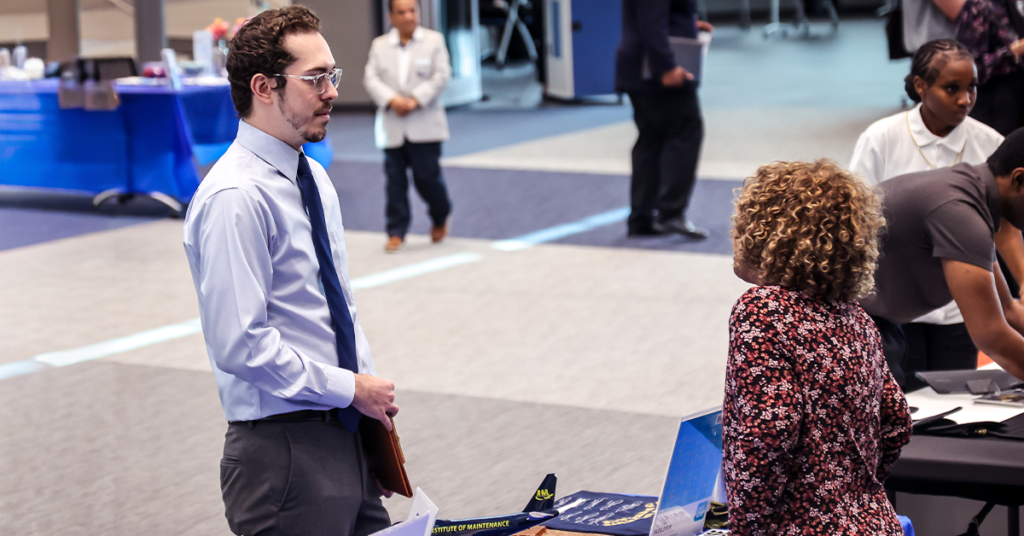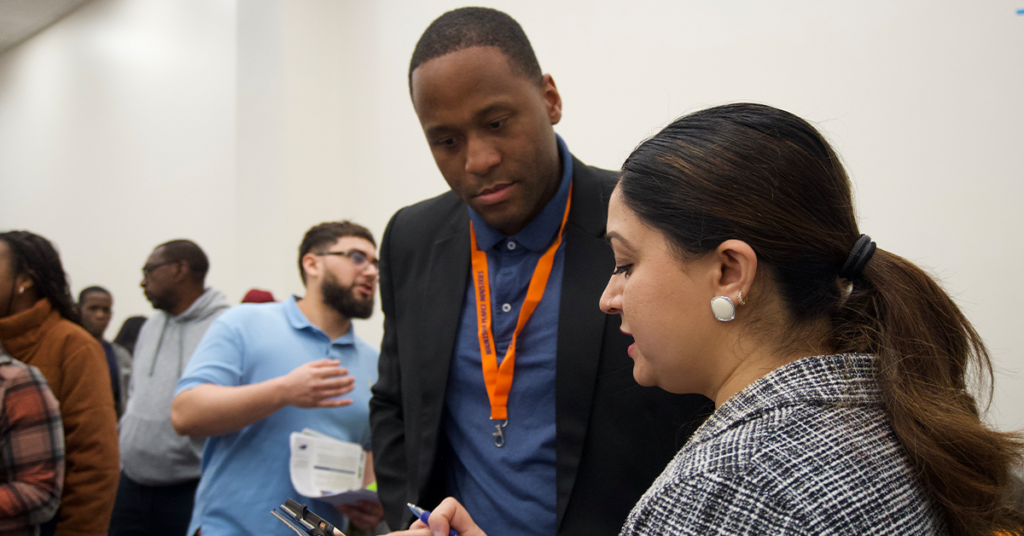July marked the 35th anniversary of the Americans with Disabilities Act (ADA), a landmark civil rights law that prohibits discrimination based on disability and ensures equal access to employment, education, and public life. Since its passage in 1990, the ADA has played a pivotal role in promoting inclusion and empowering people with disabilities to thrive in the workforce—with the right support systems in place.
What Are Reasonable Accommodations?
Under the ADA, people with disabilities have the right to request reasonable accommodations—adjustments or modifications that make it possible to perform essential job duties. These may include flexible schedules, modified workspaces, assistive technology, or alternate training materials. In fact, many accommodations are low-cost or free and can significantly boost job satisfaction, performance, and retention for everyone involved.
If you’re unsure where to begin, the Job Accommodation Network (JAN), a service of the U.S. Department of Labor, offers a free Situations and Solutions Finder. This searchable tool helps workers explore real-world examples of how others have successfully implemented accommodations in a variety of industries, including manufacturing, health care, education, and more.
The Role of Vocational Rehabilitation Services in Texas
Across Texas, Workforce Solutions Vocational Rehabilitation Services (VRS) helps individuals with physical, mental, or visual disabilities find, keep, and advance in employment. These services are tailored to the individual and may include assistive technology, job training, on-the-job accommodations, and employer engagement.
Programs like Paving the Pathway to Success offer a structured, three-phase approach that begins with essential workplace training, continues with business mentorship, and ends with real-world paid work experience. According to Cheryl Guido, Vocational Rehabilitation Manager in Houston, the goal is to “make the impossible possible” for students with disabilities.
The VRS program isn’t just for jobseekers. If someone develops a disability while already employed, VRS can assist with job retention, accommodations, and facilitating communication between the employer and employee.
“Providing a job accommodation to new and current workers not only helps with recruiting efforts and retention, but can enhance productivity and the overall culture of the workplace,” said Kimberly King of Workforce Solutions VRS.
To connect with local VRS offices or begin a self-referral, visit:
– twc.texas.gov/vrservices
– twc.texas.gov/vrnearme
National Support Through the Ticket to Work Program
For those aged 18–64 who receive Social Security disability benefits (SSDI or SSI), the Ticket to Work Program offers free and voluntary career development services. Participants can access Employment Networks and State Vocational Rehabilitation agencies to help navigate job searches, request accommodations, and move toward financial independence.
These service providers can:
- Help identify needed accommodations
- Coach participants on how to request them
- Support documentation and communication with employers
- Offer tools like schedule adjustments or assistive technology
- Educate participants about their rights under the ADA
To learn more, visit: choosework.ssa.gov or call 1-866-968-7842 (Voice) or 1-866-833-2967 (TTY)
Why Employers Are Recruiting People with Disabilities
Creating a workplace that welcomes people with differing abilities isn’t just the right thing to do, it’s good for business. Employers across the Gulf Coast region and beyond are increasingly recognizing the value of hiring people with disabilities, not only for their diverse talents but also for the positive impact on company culture.
Reasonable accommodations, like remote work options, modified equipment, or schedule flexibility, can unlock an employee’s full potential. And with average accommodation costs under $500, the return on investment is clear.
As Workforce Solutions VRS outreach specialist Marilyn Gilbreath put it:
“Whatever a person’s disability is that’s getting in the way of them maintaining a job or getting a job, we provide services to either remove those impediments or significantly reduce them.”
On this 35th anniversary of the ADA, we’re reminded of how far we’ve come—and how tools like the Job Accommodation Network, the Ticket to Work Program, and Texas’ Vocational Rehabilitation Services continue to pave the way forward.
If you’re a student, jobseeker, or already in the workforce and navigating a disability, you’re not alone. There are resources and experts available to help you succeed on your career path—with dignity, support, and the accommodations you deserve.To learn more about how to navigate job searches, understand your workplace needs, and hear directly from experts in the field, be sure to watch Episode 4: “Wants vs. Needs” of Workforce Solution’s series “Your Career, Your Choice.”




